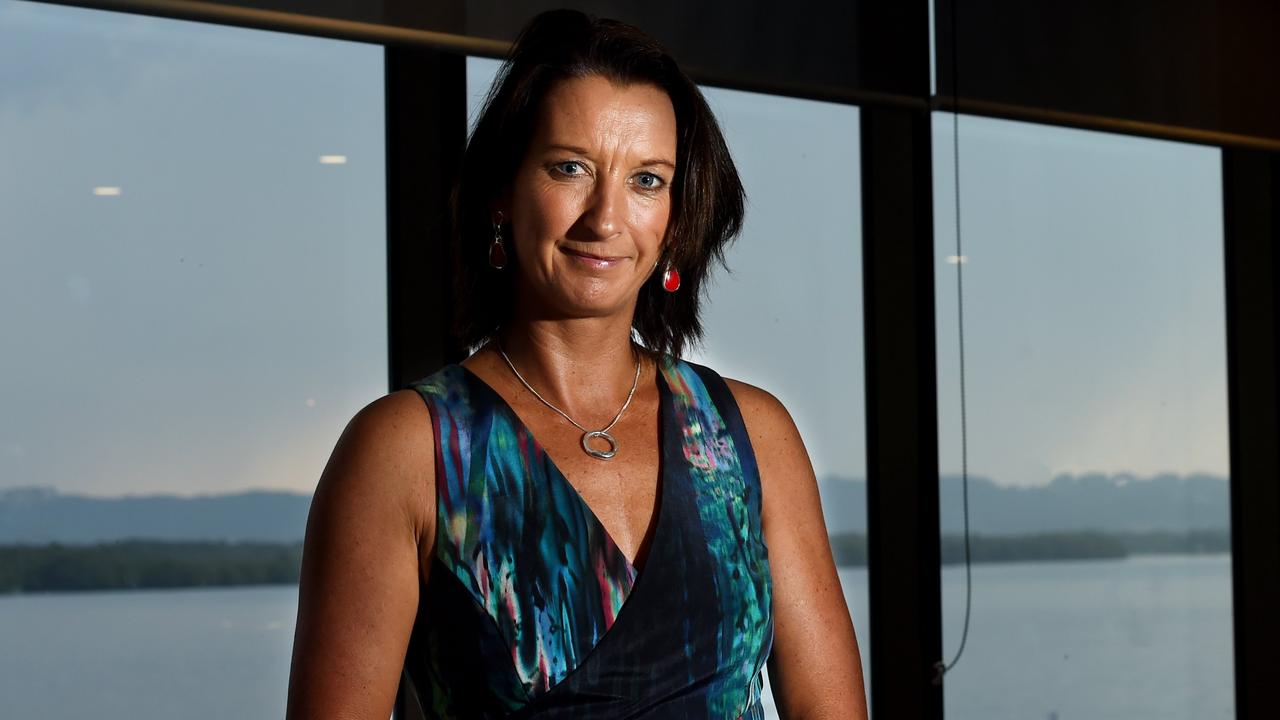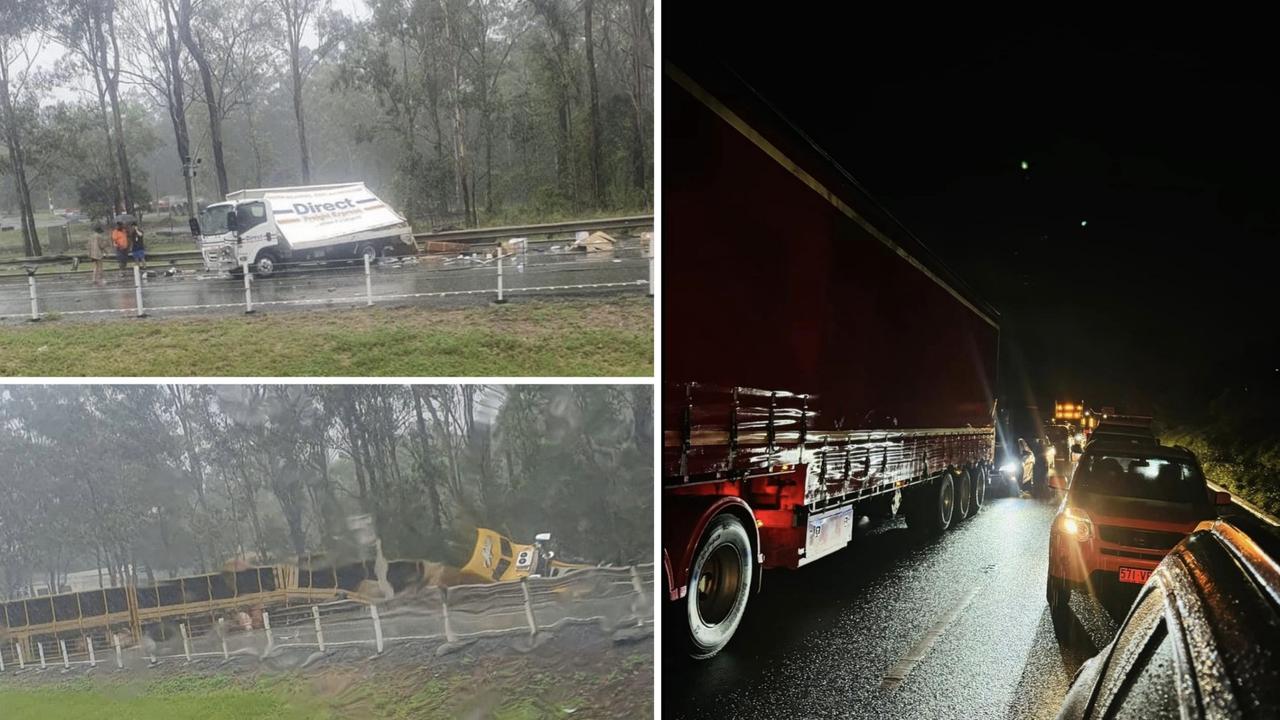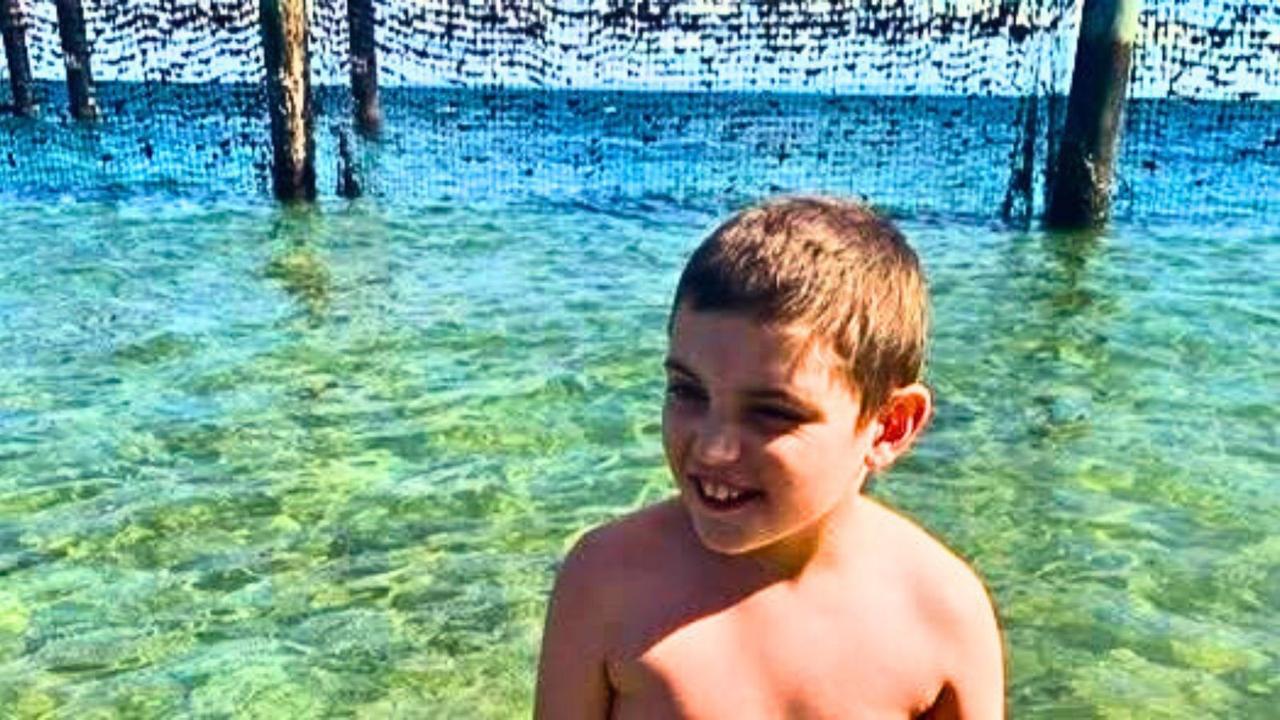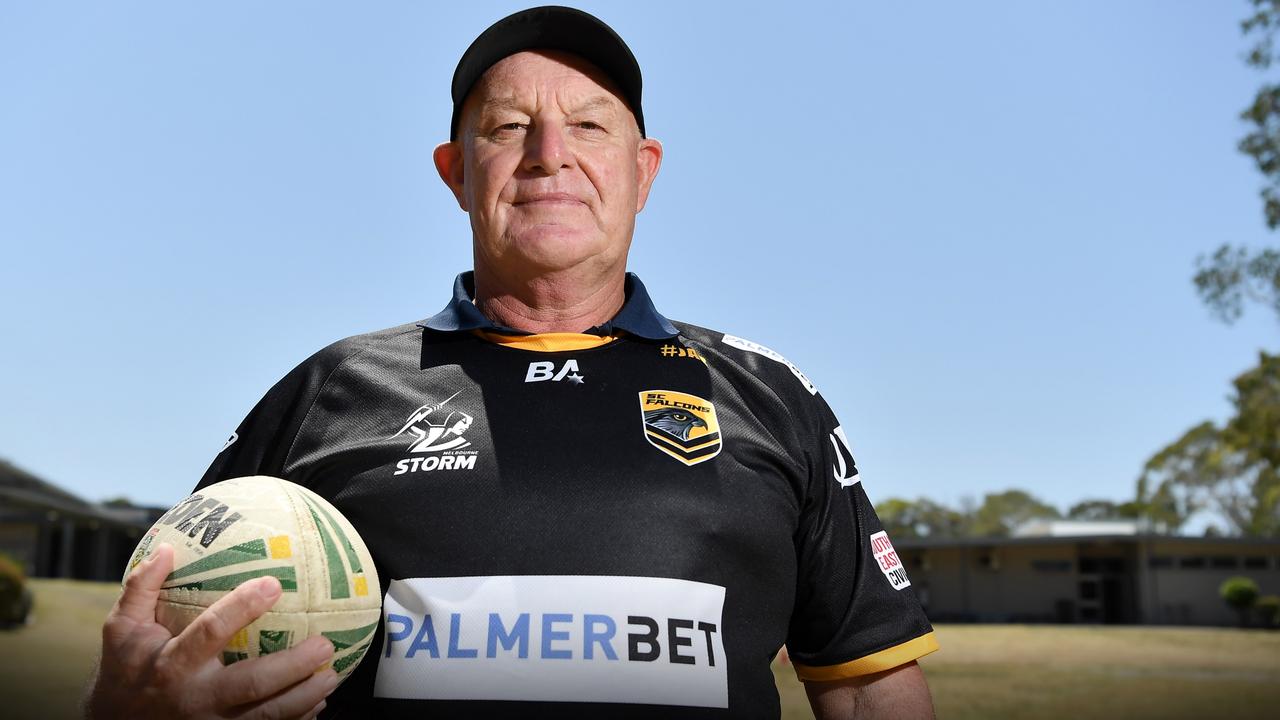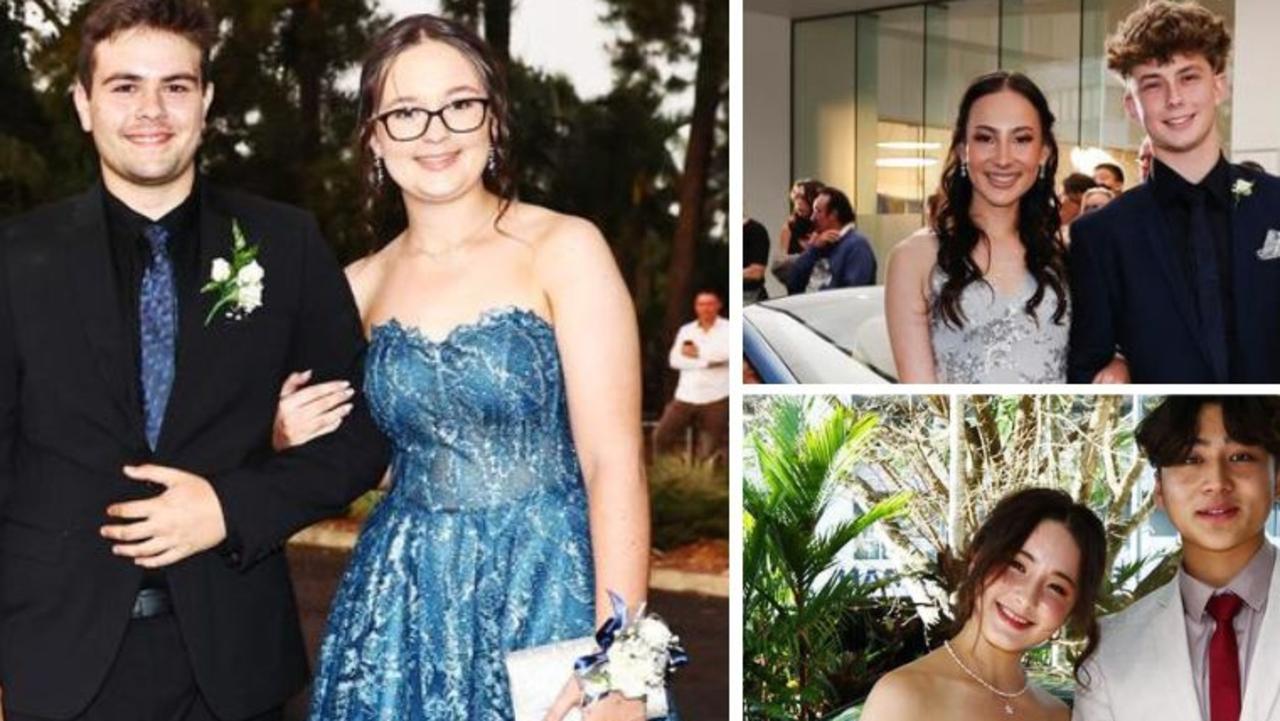Brisbane 2032 can deliver benefits to all of Queensland
Paris demonstrated how creative a host city can be in staging the world’s biggest sporting and cultural event and there are plenty of learnings for our city as we plan for Brisbane 2032.

QLD News
Don't miss out on the headlines from QLD News. Followed categories will be added to My News.
The Paris 2024 Olympic and Paralympic Games demonstrated how creative a host city can be in staging the world’s biggest sporting and cultural event. I was lucky to attend the Games in Paris, and there are plenty of learnings for our city as we plan for Brisbane 2032.
A geographically dispersed Games will boost tourism, a sector critical to Queensland’s economic and employment future. The legacy opportunity here is extraordinary.
Five key lessons from Paris 2024 for the Brisbane 2032 Olympics and Paralympics
Paris demonstrated that Olympic and Paralympic events can be creatively staged in iconic locations, showcasing famous landmarks, rather than being confined to purpose-built stadiums.
Unlike the centralised venue strategy in Paris – where 90 per cent of venues were within 10km of the CBD – Brisbane 2032 can and will use a wider footprint including regional Queensland.
The Paris Games are expected to generate up to $6.5bn in increased tourism spending and we should similarly prepare to capitalise on this influx with the vision to create sustainable destinations, leveraging our already strong reputation as a world-class tourism destination.
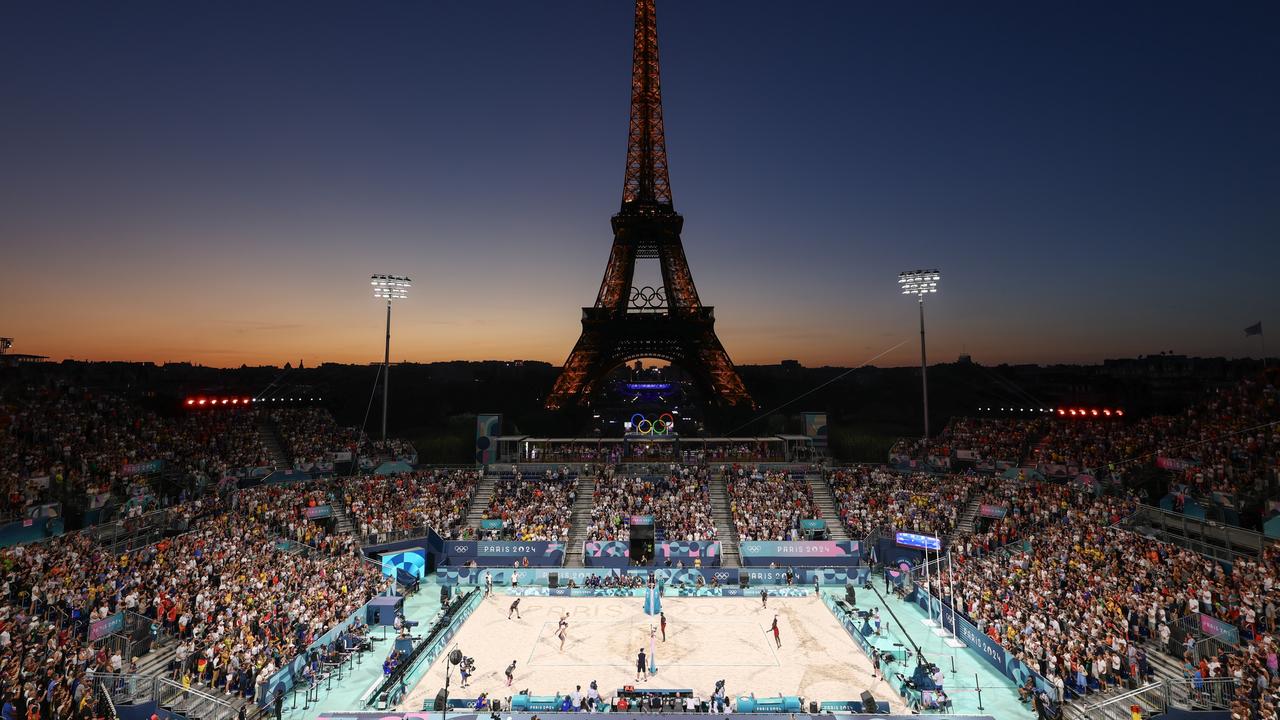
Images of volleyball being played on a glorious Gold Coast beach, road cycling along Mooloolaba and Alexandra Headland on the Sunshine Coast, and Townsville Stadium within striking distance of Magnetic Island during the football preliminary matches will be beamed around the globe.
Brisbane 2032 can further raise Queensland’s tourism profile by offering unique venue experiences across all major cities including contemporary sporting precincts from Barlow Park in Cairns to the whitewater centre at Birkdale in the Redlands.
This is a golden moment to sell Queensland to the world by highlighting our natural assets, such as Queensland’s five world heritage areas including the Great Barrier Reef, Wet Tropics of Queensland, K’gari (Fraser Island), and the Gondwana Rainforests in South East Queensland.
And as France showcased Tahiti to the world through the Olympic surfing competition, we can also celebrate connection to our Pacific neighbours and the talents of the Oceania region to the world.

We can motivate and encourage visitors to immerse in culture and nature experiences. Showcasing nature-based and Indigenous tourism experiences in unique coast to country locations will bring diverse and rich experiences to our visitors and international audiences – raising our profile as a sustainable tourism destination.
From a spectator point of view, Brisbane 2032 has the potential to offer a truly authentic and memorable experience for those that come to the Games.
While Paris introduced enhanced options beyond just event watching – such as Nations Park, Champions Park, fan zones and special hospitality areas – the 2032 Games can further elevate the experience.
We need to showcase the friendliness and enthusiasm of Queenslanders, celebrate our First Nations history and integrate local culture and arts.
Offering “green and cool” nature-inspired villages and venues can further create a calming and healthy spectator experience where heat mitigation is prioritised through the greening of our cities.
Mass transport options that are seamless, accessible and affordable are also critical to making the 2032 Games a truly memorable and positive spectator experience. Making it easier to get from cities to world-class beaches, hinterland escapes and picturesque country towns could really deliver an exceptional experience for visiting spectators pre and post Games.
One of the most significant opportunities is the potential to improve community life and
individual wellbeing.
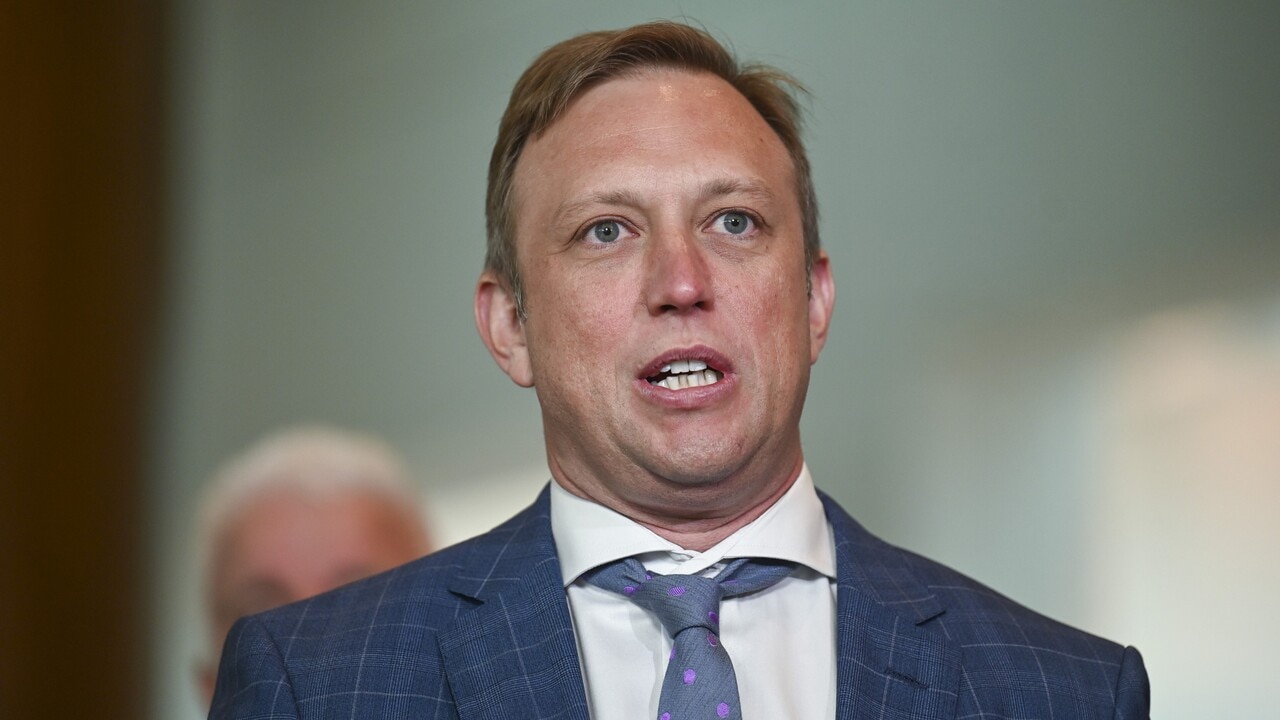
The Paris Games provided job market access for those distant from employment, addressed accessibility issues, promoted gender equality and celebrated diversity.
In St Denis, one of the poorest areas in mainland France, the Games catalysed urban and ecological regeneration, creating economic and social opportunities for residents. This included the construction of new swimming pools, gyms and leisure centres making sport and physical
activity more accessible.
Similarly, the 2032 Games can drive inclusive urban planning and the development of a robust housing strategy to minimise social displacement, gentrification, and community disruption.
By expanding greenfield locations and using green infrastructure to address issues such as heat, and improve walkability, transport and accessibility, Brisbane 2032 planning can deliver a legacy by balancing infrastructure needs with long-term sustainability.
One of the key takeaways from Paris is the importance of involving the scientific community in measuring and evaluating impact and legacy outcomes.
By adopting a “living lab” approach and taking experimental approaches to major decisions, we can develop innovative solutions that benefit both sport and the community.
This approach will ensure the legacies of the 2032 Games extend well beyond the event itself.
Dr Caroline Riot is Director of Games Engagement and Partnerships at Griffith University
Originally published as Brisbane 2032 can deliver benefits to all of Queensland

